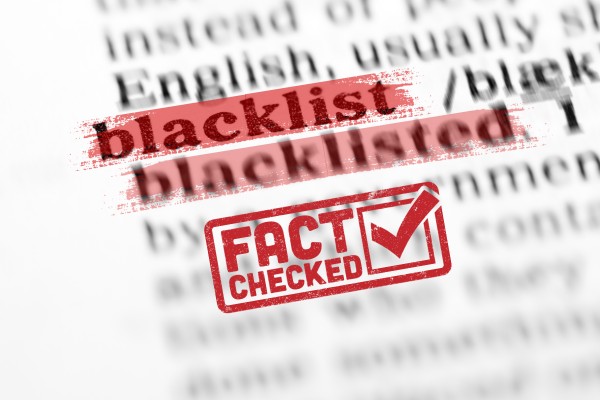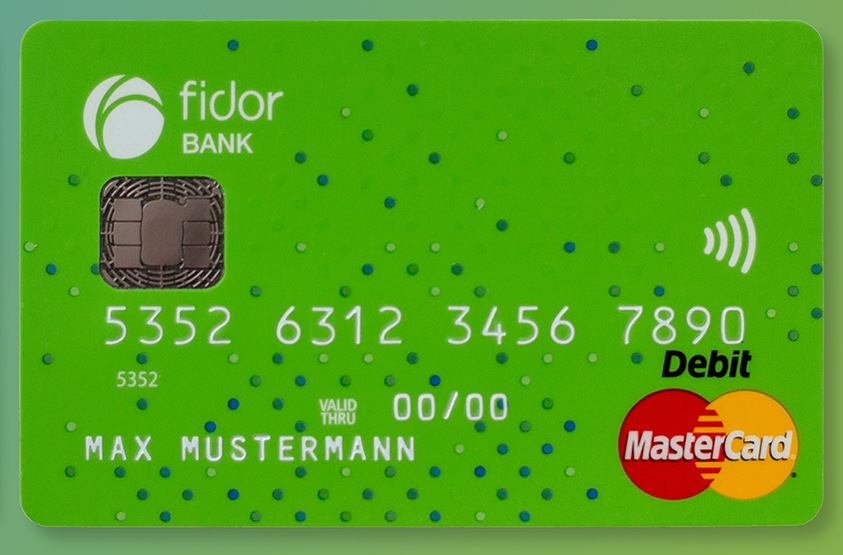New Advice For Selecting Credit Card Apps
Wiki Article
What Is Considered Suspicious Behaviour And How Can It Cause The Removal Of Credit Cards?
Certain behaviors or actions could cause red flags which could result in the credit card being reported to the credit card issuer or financial institution. Some examples are: Unusual patterns of spending
A rise in spending or sudden transactions when compared to typical cardholder behavior can cause suspicion.
Unrecognized Transactions
Any unauthorized or unfamiliar transactions on the statement of your card that the cardholder wasn't able to authorize or approve may be an indication of fraud.
Multiple Declined Transactions
A pattern of several failed or declined transactions in the same time frame, particularly if the cardholder has a generally positive transactions history, could signal an issue.
Geographic Anomalies-
Transactions made from places that are far from the typical spending area or multiple transactions from different geographical locations within a short time can raise suspicion.
Atypical Purchase Types
You should report as suspicious purchases like high-value items that aren't in line with your spending routine.
Uncommon Online BehaviorUncommon Online Behavior
Unusual online behavior, such as numerous failed login attempts, a change in account details, or unusual login attempts, could indicate an unauthorized intrusion.
Uncharacteristic Card Usage-
If the credit card you have used for an international transaction even though it was previously used locally, this could be considered to be suspicious.
Rapid Cash Advances and Transfers
The cardholder will be alerted when a significant transfer or cash advances are made that are not typical in his expenditure.
Frequent Card Not Present Transactions
An increase in the number of card-not-present transactions (online or over-the-phone transactions) without previous history of these transactions could be investigated.
Identity Verification Issues
Particularly in situations of further verification, it may be a red flag if you are having difficulty verifying your cardholder's identification during a transaction.
These actions could trigger fraud detection systems and monitoring mechanisms within the card issuer, which could cause them to investigate, block the card temporarily, or confirm the legitimacy of transactions.

What Should I Do When I Think My Credit Card Has Been Blacklisted?
It is recommended to do the following in the event that your credit card appears on a list, or if there is suspected fraudulent activity. Contact Your Credit Cards Issuer Right Away-
Contact the customer support phone number found on the back of your credit card. Or, check the official website of the issuer to find an information line for the reporting of fraud.
Let the card issuer know of the concerns you have. You can say that you are concerned about fraudulent activity or that your credit card may be compromised.
Report Suspicious Activity-
Please explain any unusual, unauthorized or suspicious transactions you notice on your card statement.
Include specific information about the transactions including dates and the amount. If possible, provide names of the merchants.
Request Card Replacement or Blocking
Request the credit card company to temporarily deactivate the card temporarily. This will stop any further fraudulent transactions.
Discuss the replacement process of the card to continue to have access to credit.
Check your account, and then dispute Charges
Check your most recent statements and transactions to find any suspicious activity you may not have noticed at first.
You may report any fraudulent transactions to the credit card company so that they will be investigated and resolved.
Be Watchful and Monitor Your Credit Report
Take the time to discuss your concerns with the credit card company that issued your credit card.
Check your credit card balance frequently for suspicious activity or unexpected changes.
Consider Placing a Fraud Alert or Security Freeze
If the situation is severe it is possible to consider putting in an order for a credit freeze or a fraud alert to safeguard your identity from fraudulent attempts.
Send a report to Authorities in the event of a need
Reporting identity theft to the Federal Trade Commission or filing a complaint with the local law enforcement authorities is recommended if you suspect significant fraud.
You must act immediately to minimize the chance of losing your money and avoid future unauthorized transactions. If you report any suspicious activity immediately and working with the credit card issuer it is possible to minimize the risk of a loss due to fraudulent transactions or abuse.

What Are The Credentials Of Those Who Run Credit Card Numbers On An Application Which Blacklists Them?
Professionals from law firms, financial institutions or cybersecurity companies verify a credit card numbers against a blacklist or verify fraudulent activities using credit cards. They include Fraud Analysts- Trained people within financial institutions who specialize in identifying and investigating fraudulent activities associated with credit cards. They employ special software and tools that detect patterns, anomalies, and even compromised card details.
Cybersecurity Experts- Experts who specialize in cybersecurity, particularly the monitoring and detection of cyber threats, such as compromised credit card data. They are involved in protecting against data breaches, analysing data to identify signs of compromise, and taking security measures.
Law Enforcement Officials- Specialized units or individuals within law enforcement agencies who investigate financial crimes, including fraudulent use of credit cards. They have access resources and databases that allow them to monitor and analyse fraudulent activities.
Compliance Officers are professionals who ensure that financial institutions adhere strictly to the rules and regulations governing transactions in the financial sector. They may supervise the processes to identify suspicious activity associated with credit card.
The authority to validate credit cards against databases or blacklists is regulated by law, and it requires the appropriate authorization.
Teams and professionals utilize specialized programs, protocols, and legal procedures to check credit card numbers to blacklists. They also follow strict privacy laws and security guidelines. When dealing with concerns over potentially compromised credit card data, it's important to rely on experts and institutions licensed. Any attempts to access credit card information that are not authorized or using blacklists on credit cards can have legal consequences. See the recommended savastan0 cvv for website advice.
